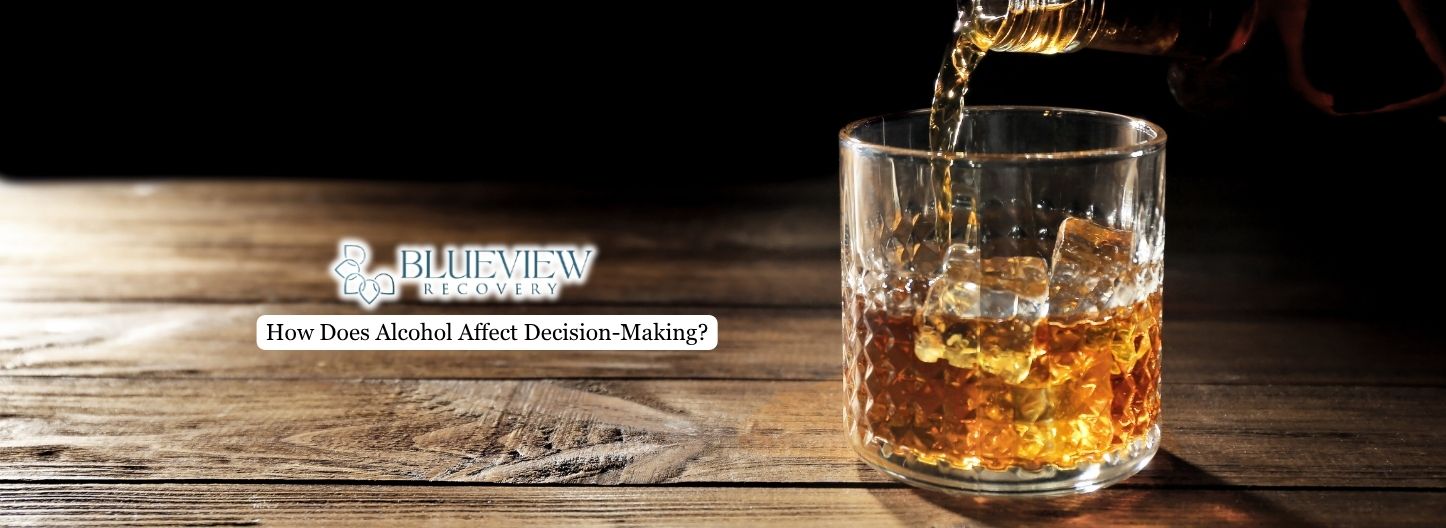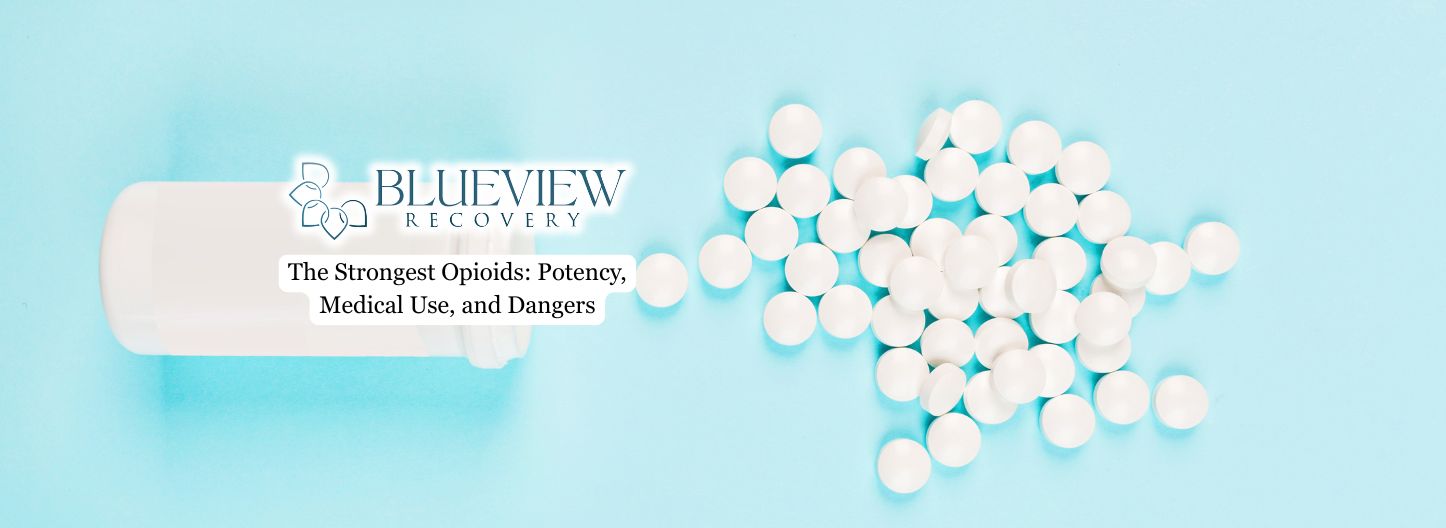Alcohol consumption can significantly impact how people think, act, and make choices. It alters brain function, affecting judgment, impulse control, and emotional regulation. Understanding how the substance influences decision-making is crucial for recognizing its role in risky behavior, addiction, and long-term mental health.
This article explains the science behind alcohol’s effects on the brain, how it impairs decision-making, and why addressing these changes is essential for recovery.

The Connection Between Alcohol and Brain Function
Alcohol affects the brain’s communication pathways, disrupting how nerve cells transmit messages. The prefrontal cortex, the region responsible for reasoning, judgment, and impulse control, is especially vulnerable. When it enters the bloodstream, it slows down the activity in this part of the brain, making it harder to think clearly or consider consequences before acting.
Studies show that it interferes with neurotransmitters like GABA and dopamine, which regulate mood and reward. This disruption can make a person feel more relaxed or euphoric initially, but leads to poor concentration, slower reactions, brain fog, and reduced awareness as intoxication increases. For individuals struggling with long-term misuse, this impaired function highlights the importance of comprehensive treatment for alcohol addiction focused on restoring sobriety.
Weakened Judgment and Risk-Taking
One of the most immediate effects of drinking is impaired judgment, which affects how people process information and weigh potential outcomes. Under the influence, individuals may make choices they would normally avoid, such as driving or engaging in unsafe behaviors, due to their altered perception and distorted sense of control. It reduces inhibitions, leading to more impulsive social behavior, and also distorts one’s ability to assess danger realistically.
This risk-taking tendency often stems from the brain’s reward system being overstimulated, leading the mind to exaggerate pleasure and minimize perceived risks. It tricks the brain into valuing short-term satisfaction over long-term safety, which can influence impulsive decisions and increase the likelihood of harm or regret.
Emotional Distortion and Impulsivity
Drinking not only weakens cognitive function but also distorts emotions. It often amplifies feelings of anger, sadness, or euphoria depending on the situation, such as stressful environments, social gatherings, or personal conflicts. These heightened emotions can cloud rational thought and lead to impulsive actions, especially when a person’s judgment is already compromised. Someone might overreact during a disagreement, say things they later regret, or act out aggressively because emotional control becomes less stable.
Continued use also affects serotonin levels, which influence mood and balance. This imbalance can gradually trigger anxiety, depression, and stronger emotional swings, further blurring decision-making and self-control during or after consumption.

Long-Term Effects on Cognitive Control
Chronic alcohol use can cause lasting damage to the brain’s executive functions. Memory loss, slower information processing, and reduced problem-solving ability become more apparent with consistent heavy drinking. The brain’s plasticity, which is the ability to adapt and recover, declines, making it difficult to regain full cognitive control even during periods of sobriety.
Long-term alcohol use can also lead to dependence, where decision-making may revolve around obtaining and consuming liquor rather than daily responsibilities or personal goals. This cycle deepens the connection between impaired judgment and addiction, creating a self-reinforcing pattern that is difficult to break without professional treatment.
Restoring Healthy Decision-Making in Recovery
Rebuilding sound decision-making after substance misuse requires restoring both brain function and emotional balance. Detox is an important first step, clearing the body of alcohol and stabilizing mental function. Yet true recovery goes further as it’s about retraining the mind to think clearly, regulate emotions, and make choices that support lasting wellness.
Whether in an inpatient or outpatient setting, effective rehab programs provide a supportive environment where individuals can strengthen self-awareness and accountability. Therapies like Cognitive Behavioral Therapy (CBT), mindfulness, and relapse prevention training help identify triggers, reshape negative thought patterns, and manage impulses. As mental clarity returns, people begin to make more intentional decisions, rebuild confidence, and foster long-term personal growth and sobriety.
Final Thoughts from Blueview Recovery
Alcohol significantly impairs decision-making by disrupting brain chemistry, lowering inhibition, and distorting emotions. These changes can lead to risky behaviors, damaged relationships, and prolonged cycles of substance use. Understanding this connection is a vital step toward regaining control and making healthier choices.
At Blueview Recovery, evidence-based treatments help individuals rebuild cognitive and emotional stability through therapy, education, and support. Our alcohol addiction treatment program in Philadelphia, PA, is designed to help clients through every stage of recovery, addressing the psychological effects of misuse with compassion and expertise, while promoting healing and personal growth.





